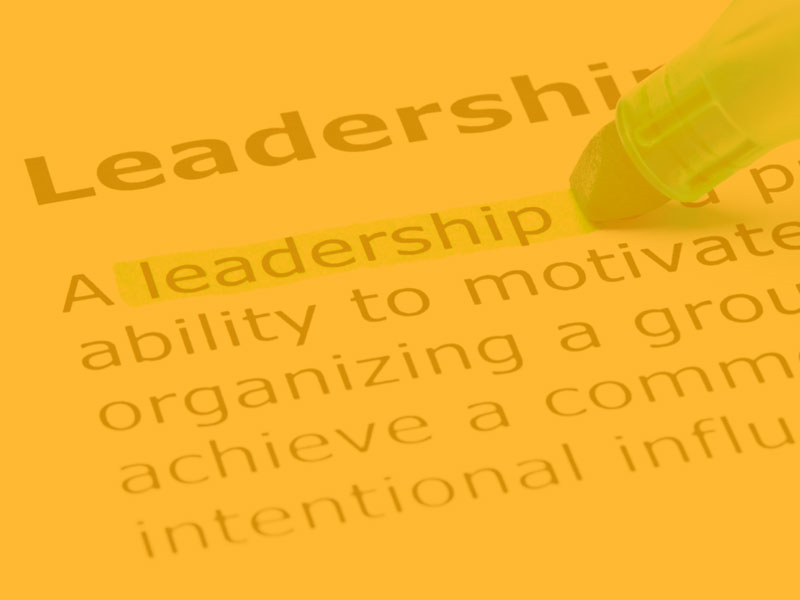Healthcare reform comes with a lot of drastic changes, but one of the most notable is the majority shift toward hospital-based practice rather than private practice. No matter your opinions, the fact is that in the future, larger organizations will thrive because of exploding interest in Accountable Care Organizations (ACOs).
What does this mean for physicians who are just starting their careers?
It means all sorts of things, many of which aren’t easy to predict. As with any major change, kinks will have to be worked out along the way. Everyone will learn and adjust as they go.
One thing is certain: New physicians will have to call upon their leadership skills frequently. In changing environments, effective leadership skills can be the key to success.
Let’s look at a few reasons why strong physician leadership skills are more important than ever.
New Types of Physician Careers
You know the saying: “Practice, practice, practice.”
In the future, however, it will be, “Plan, manage, practice.”
That’s a cute way of saying that future physician career paths will move into a new mix of clinical practice and leadership roles.
In addition to clinical service, many physicians will be expected to take on different leadership roles, such as:
- Traditional medical staff leadership
- Health system clinical care councils
- Care management committees
- Clinical service line management
- Healthcare plan management
- Integrated healthcare system medical directorships
These are just a few possibilities to be aware of as healthcare moves forward.
Uncharted Waters and Constant Change
You might look at the future of healthcare with wide eyes and dread.
Why?
Because change is scary.
The familiar is easier, and change is always uncomfortable to some degree. You’re confronting the unknown.
As a new physician, your career is already a big change. After being in residency and medical school for close to a decade, you probably settled into a routine (albeit a busy and hectic one).
On top of that, your career itself is changing. That means exponential change. Yikes!
This environment will require a great deal of cool-headedness. You’ll need patience, determination, flexibility and understanding. Strong leadership skills will help you navigate these uncharted waters.
Essential Leadership Skills for Tomorrow’s Physician
Here are just a few key leadership skills physicians will need to stay grounded in the future:
Business Acumen: Physicians will need a working knowledge of the world of medicine from a business perspective. The ability to make decisions that have a positive impact on the organization and patient satisfaction is key.
Team Focus: A good physician leader is a true collaborator and contributes to aligned goals across physicians, administrators, patients, payers and other stakeholders. Effective communication and teamwork is critical in larger organizations.
“Systems” Thinking: A physician leader needs a “system” perspective, or the ability to understand his role in relation to other care providers inside a complex system of processes and people.
Want to know where you stand and how you can sharpen your skills? Visit the Adventures in Medicine Resource Library and check out Stage 2: Market Trends and Trials. From there, visit pages 42-43 and take the Self Assessment Test for Physician Leadership Competencies.
How do you feel about the future of healthcare and potential new roles for physicians?
What is your biggest concern with healthcare reform?
Physician Career: Sponsors
Though the views expressed above are solely the writer’s, Beloit Health supports “The Dose with Dr. Goodhook” and is partnering with Adventures in Medicine to create an open, inspiring and insightful community for residents and physicians. Click here to learn more about ways that Beloit Health is making practice purposeful.



